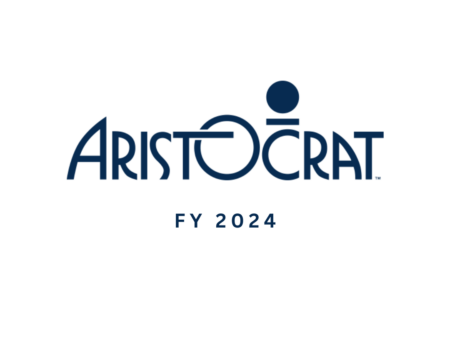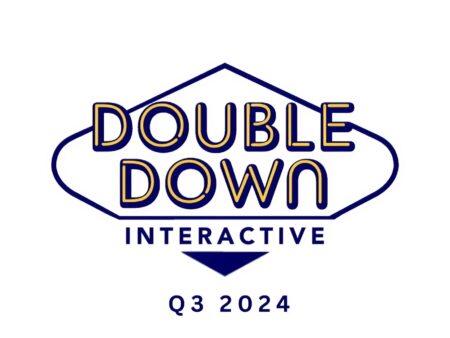The recent closure of Philippine Offshore Gaming Operators (POGOs) has sparked widespread discussion regarding its potential impact on the Philippine economy. National Economic and Development Authority (NEDA) Secretary Arsenio Balisacan has weighed in on the matter, stating that the closure will have “very little” effect on the country’s economic growth.
Overview of POGO Contributions to the Economy
In his recent statement during the 2025 budget deliberations at the House of Representatives, Secretary Arsenio Balisacan provided a quantitative assessment of POGOs’ contribution to the Philippine economy. According to Balisacan, POGOs accounted for less than 0.5% of GDP in 2023, specifically 0.23%. This figure underscores the relatively minor role that POGOs play in the country’s overall economic framework.
POGOs and Real Estate Occupancy
Balisacan further noted that POGOs represented approximately 11% of office occupancy in the first half of 2024. This indicates that while POGOs do occupy a significant portion of office spaces, their impact is mitigated by high demand from government entities and other sectors. This has helped stabilize the real estate market despite the cessation of POGO operations.
Economic Impact Analysis
Minimal GDP Contribution
The minimal contribution of POGOs to the Philippine GDP highlights that their closure will not substantially disrupt the nation’s economic growth trajectory. This finding aligns with the broader economic perspective that focuses on more significant economic drivers, such as domestic consumption, foreign investments, and government expenditures.
Real Estate Sector Resilience
The real estate sector’s resilience amidst the POGO ban is attributed to a surge in office space demand from government agencies and other non-POGO entities. This shift has mitigated potential negative impacts on the real estate market, ensuring continued stability and growth.
Social and Reputational Risks
Addressing Social Issues
Balisacan also emphasized the social and reputational risks associated with POGOs. Recent arrests linked to POGOs have raised concerns about serious criminal activities and illegal operations. The closure addresses these concerns, aiming to enhance public safety and restore reputational integrity.
Government and Public Reactions
Following the POGO ban, several Philippine representatives have expressed support for the measure. Notable responses include:
- Surigao del Norte 2nd District Representative Robert Ace Barbers: Advocated for the removal of illegal POGO workers, reflecting a commitment to addressing illegal activities associated with POGOs.
- Deputy Speaker David Suarez: Reported a significant decrease in SMS scams, indicating positive outcomes from the POGO ban.
- Senator Joel Villanueva: Suggested the repeal of the law taxing POGOs, highlighting ongoing legislative discussions related to the ban.
Broader Implications of the POGO Ban
Regulatory and Legal Adjustments
The POGO closure necessitates regulatory and legal adjustments, including the potential repeal of specific tax laws and the management of displaced office space. These adjustments are integral to ensuring a smooth transition and minimizing any long-term impacts on the economy.
Economic Diversification and Future Growth
The ban underscores the importance of economic diversification. By reducing reliance on a sector with significant social risks, the Philippines can focus on sustainable growth through other economic drivers. This shift is crucial for long-term stability and development.
Conclusion: The Closure
The closure of Philippine Offshore Gaming Operators (POGOs) is projected to have minimal impact on the nation’s economic growth, given their limited contribution to GDP and the real estate sector’s ability to adapt. While addressing significant social and reputational risks, the Philippines continues to navigate this transition with a focus on broader economic stability and growth. The supportive responses from various government representatives further reinforce the positive outcomes of the POGO ban.
FAQs About Impact of the Closure of Philippine Offshore Gaming Operators (POGOs)
1. What is the economic contribution of POGOs to the Philippine GDP?
According to NEDA Secretary Arsenio Balisacan, POGOs accounted for less than 0.5% of the GDP in 2023, specifically 0.23%.
2. How much of the office space was occupied by POGOs in the first half of 2024?
POGOs represented approximately 11% of office occupancy in the first half of 2024.
3. What is the expected economic impact of the POGO ban?
The closure of POGOs is expected to have minimal impact on the country’s economic growth, given their small contribution to GDP and the ability of the real estate sector to adapt.
4. How has the real estate sector been affected by the POGO ban?
The real estate sector has remained resilient due to high demand from government agencies and other sectors, which has helped stabilize the market despite the loss of POGO tenants.
5. What are the social and reputational risks associated with POGOs?
Recent arrests linked to POGOs have raised concerns about serious criminal activities and illegal operations, leading to reputational and social risks that the ban aims to address.
6. How have government representatives responded to the POGO ban?
Various representatives have supported the ban, with some advocating for the removal of illegal POGO workers, noting a decrease in SMS scams, and suggesting the repeal of tax laws related to POGOs.
7. What regulatory or legal adjustments are expected following the POGO ban?
The closure will likely necessitate adjustments in regulatory and legal frameworks, including potential repeal of specific tax laws and management of displaced office spaces.
8. How does the POGO ban align with the broader goals of economic diversification?
The ban highlights the need for economic diversification by reducing reliance on a sector with significant social risks, allowing the country to focus on sustainable growth through other economic drivers.
9. What steps are being taken to manage the transition following the POGO ban?
The government and relevant stakeholders are focusing on addressing regulatory changes, supporting displaced sectors, and ensuring a smooth transition to mitigate any long-term impacts on the economy.


















